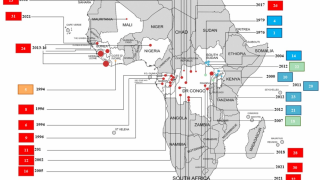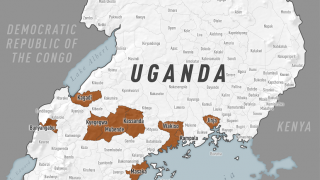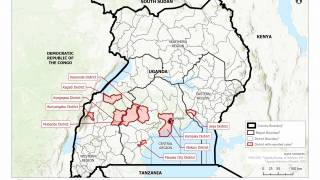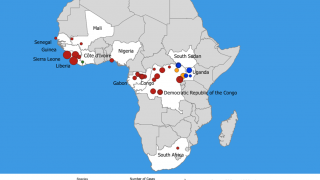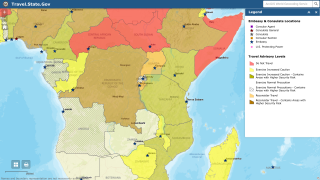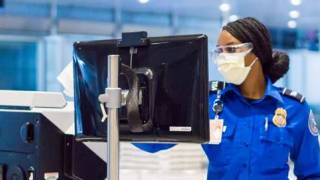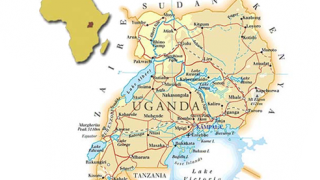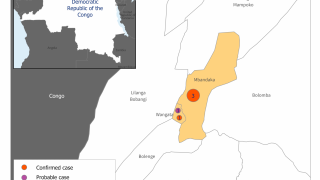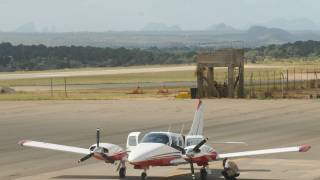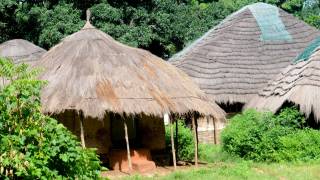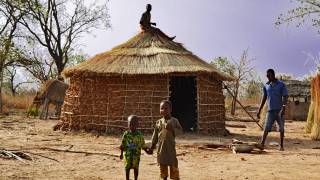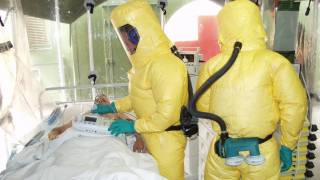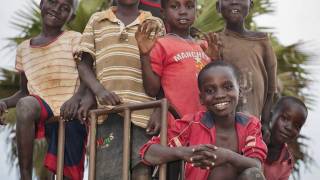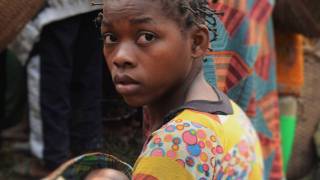Should the CDC Increase Its Travel Alert Status for This Ebola Outbreak?
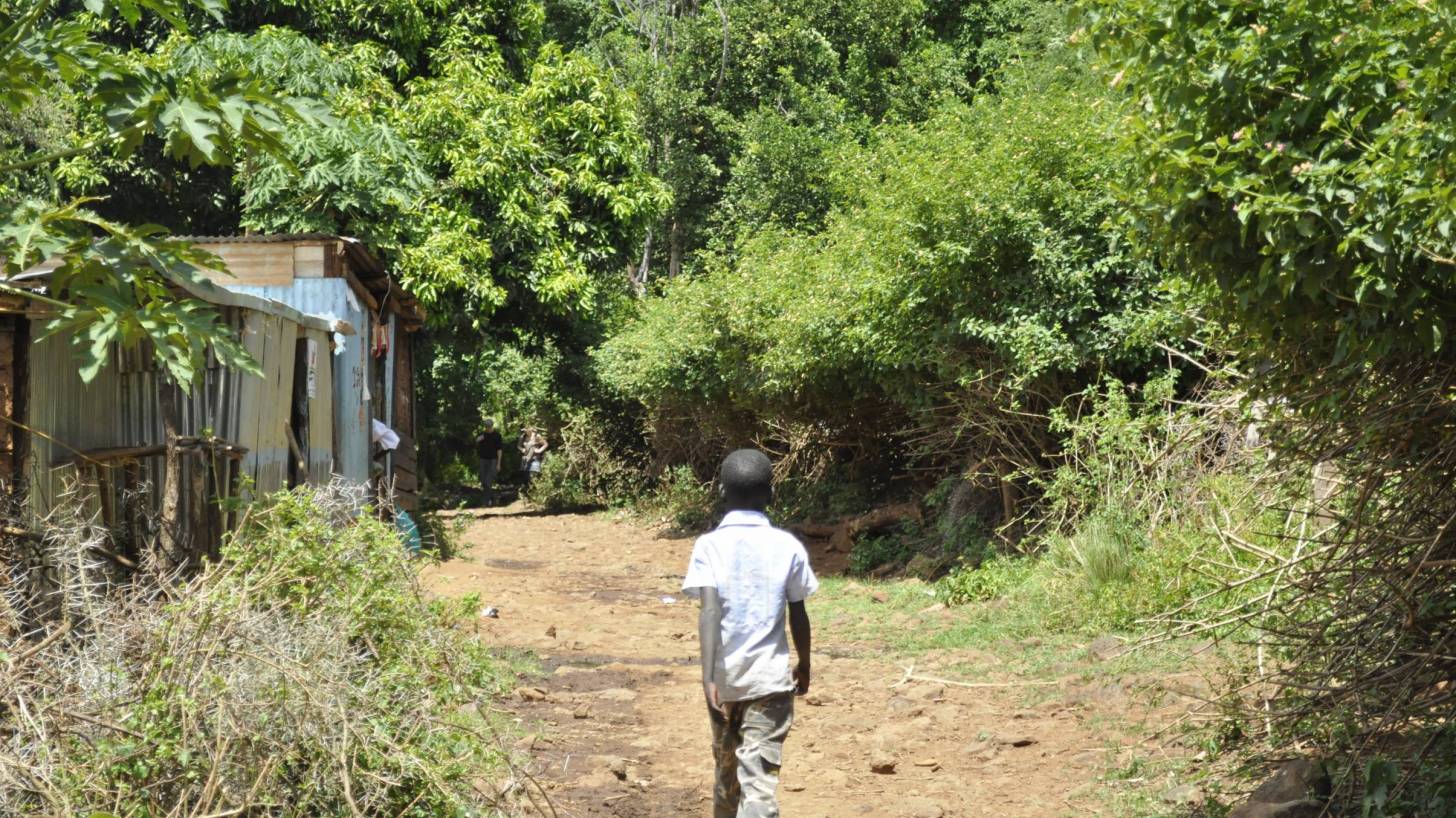
According to reporting by the Express, 3 patients suffering from Ebola escaped quarantine in the Democratic Republic of the Congo city of Mbandaka.
“Two of the patients were found dead on May 22, 2018,” said Henri Gray, the Medecins Sans Frontieres Emergency Coordinator in Mbandaka. The third person was found alive and is now under observation.
The WHO confirmed 2 of the 3 fugitives attended a 50 person prayer meeting before they died.
"We are on the epidemiological knife edge," Dr. Peter Salama, the World Health Organization's emergency response chief. "The next few weeks will really tell if this outbreak is going to expand to urban areas."
The death toll of this Ebola outbreak has reached 27 people.
This news indicates the Centers for Disease Control and Prevention (CDC) Level 1 Travel Alert for Democratic Republic of the Congo (DRC) on May 15, 2018, was appropriate but may need to be increased.
This CDC update includes news of some deaths in the Bikoro health zone, Iboko, and in the Wangata health zone in the city of Mbandaka, which has more than 345,000 residents.
This CDC Level 1 Alert recommends ‘Usual Precaution’, saying the risk to most travelers to the DRC is low.
Additionally, healthcare workers caring for patients with Ebola and family and friends caring for an infected person are at highest risk.
But, travelers could be infected if they come into contact with an infected person’s blood or body fluids and many people who get Ebola die, says the CDC.
Since there is no commercially approved preventive vaccine or specific treatment for Ebola, it is important for people to take steps to prevent Ebola, such as:
- Avoid contact with other people’s blood or body fluids,
- Do not handle items that may have come into contact with a person’s blood or body fluids (such as clothes, bedding, needles, and medical equipment),
- Avoid contact with wild animals or with raw bushmeat,
- Avoid funeral or burial rituals that require handling a dead body.
In a statement on May 18, 2018, Emergency Committee to the World Health Organization (WHO) noted the Ebola outbreak in DRC has several characteristics that are of particular concern:
- the risk of more rapid spread given that Ebola has now been found in an urban area
- there are several outbreaks in remote and hard to reach areas
- healthcare staff have been infected, which may be a risk for further spread.
Ebola virus disease is a rare and deadly disease with symptoms that include fever, headache, joint and muscle aches, sore throat, and weakness, followed by diarrhea, vomiting, and stomach pain.
Ebola can cause skin rash, red eyes, and internal and external bleeding may be seen in some patients.
The risk of spread to other countries in the region is particularly high since Mbandaka is near the Congo River, which has significant regional traffic across country borders.
However, during this meeting, the WHO Committee advised against the application of travel or trade restrictions.
The CDC said it will continue to monitor the Ebola outbreak situation closely.
Additionally, the United States HHS Secretary Alex Azar announced on May 22, 2018, an additional $7 million in assistance to respond to the Ebola outbreak.
This complements the work of American technical experts deployed to the DRC, and, combined with the $1 million previously announced, brings the U.S. commitment up to $8 million.
Our Trust Standards: Medical Advisory Committee


